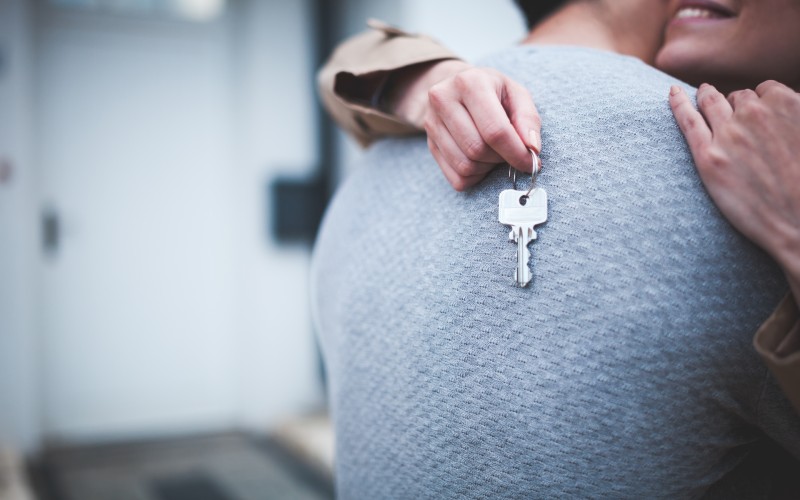
Are you (or someone you know) unmarried, and looking to move in with a partner?
Cohabitation Agreements are increasingly common. There are a number of reasons why it is sensible to enter into such an Agreement.
At the outset, it is helpful to highlight that, contrary to widespread belief, there is no such concept as “common law marriage” in Scotland. You do not automatically acquire rights to share in property owned by your partner once you have been living together for a certain period, regardless of whether you have children together.
Although there is legal regime which applies to couples who cohabit (that is, live together without being married), and a cohabitant can potentially make a claim against the other party the Family Law (Scotland) Act 2006 following separation, the law is more limited than that for married couples.
Accordingly, whatever your circumstances, preparing a Cohabitation Agreement before moving in with your partner is a sensible move. It is prudent to put an Agreement in place if you are buying a house together, particularly if you are contributing unequal shares towards the deposit. It can also be useful to have an Agreement where one party solely owns the house. This sort of Agreement can avoid expensive and time-consuming litigation if the worst happens and you separate.
A Cohabitation Agreement should be tailored to your circumstances but can include various points, such as: -
- Unequal contribution towards the deposit e.g. so that each party would be re-imbursed any contribution they made towards the deposit.
- Payment of the mortgage and other household bills. If one party is paying a greater percentage of the mortgage payments, then the Agreement could provide for that party to receive more of the “equity” if the property is sold.
- Overpayment of the mortgage so that each party would be re-imbursed any overpayments they make towards the mortgage.
- What you want to happen if the relationship ends e.g. if the parties jointly own a house, it may provide for one party to “buy out” the other party’s interest in the property.
Otherwise, if the house is sold, the Agreement would normally set out how the proceeds of sale should be divided between the parties. It may also set out what is to happen with other assets, such as furniture in the house.
Both parties would sign the Agreement to produce a binding legal document, which should stand so long as the terms are fair and reasonable. If you are looking to move in with your partner then you should seek advice from a family law expert, who will guide you in relation to what you should consider including in your agreement.
Although it is not an easy topic to broach with your partner when you are discussing moving in together, a Cohabitation Agreement would provide more certainty for both of you if the relationship does not work out.
